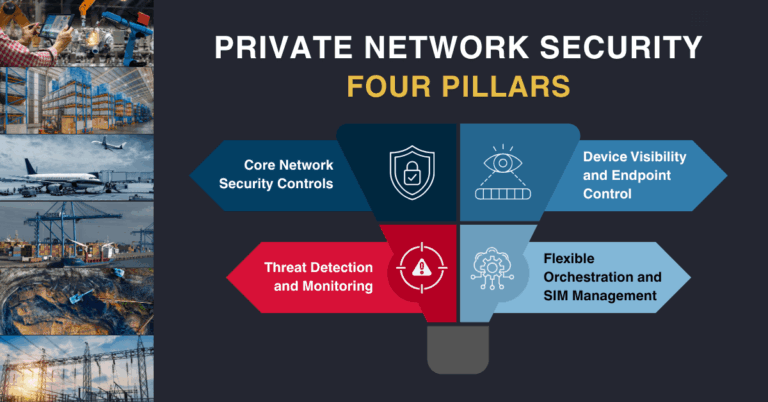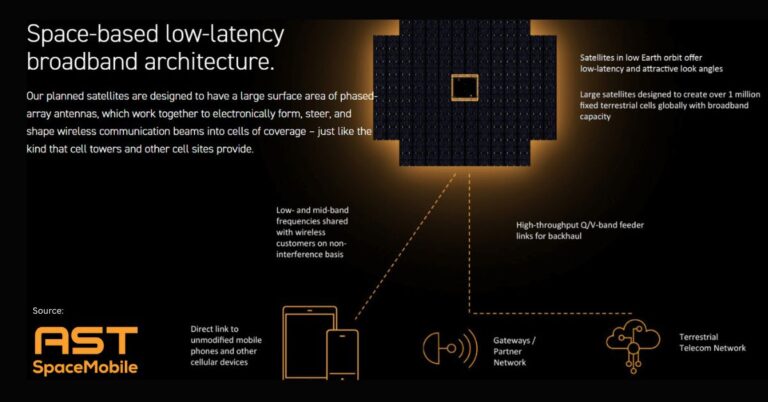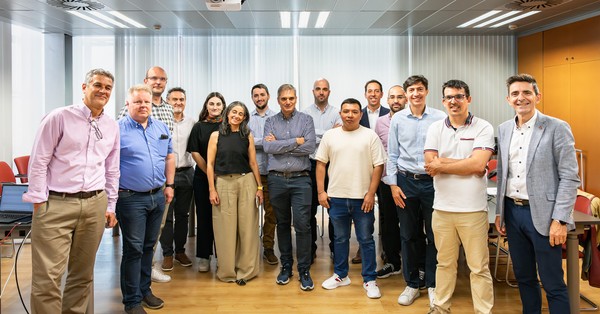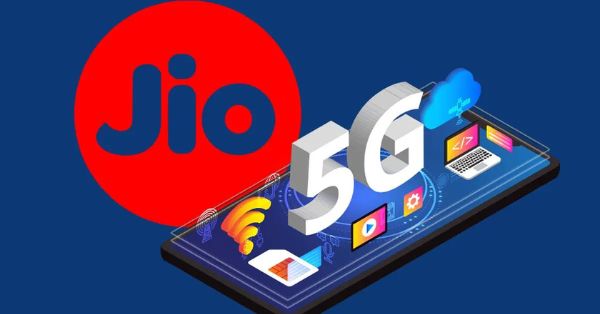Today, Mobi, a wireless carrier based in Hawaiʻi, reported that it has entered into an MVNO agreement with T-Mobile, America’s leading 5G player. This exclusive, long-term partnership allows Mobi’s customers to harness the strength of T-Mobile’s nationwide network, both in the Hawaiian islands and across the mainland U.S. By integrating its welcoming Hawaiʻi stores and dedicated customer service team with T-Mobile’s unrivaled 5G speed, reliability, and coverage, Mobi aims to enhance its customer experience.
Established in 2005, Mobi became Hawaiʻi’s regional wireless provider, pioneering affordable, simple, unlimited mobile service in the U.S. at a time when hidden fees, overage penalties, and activation charges were standard. Mobi app, Apple Pay, and eSIM make it possible for anyone to instantly switch to Mobi, with the company’s smart, amiable customer care team always ready to assist, both digitally and at Mobi’s Hawaiʻi stores.
In a groundbreaking move, Mobi has announced an MVNO agreement with T-Mobile to exploit the unparalleled capacity of the country’s largest and most awarded 5G network. By merging T-Mobile’s ultrafast nationwide network with Mobi’s innovative work with WG2, AWS, TNS, and Federated Wireless, Mobi is now capable of delivering “big wireless provider” innovations, not just across Hawaiʻi but also beyond, despite being a “small[er] wireless provider.”
This announcement coincides with the launch of Mobi’s contemporary, cloud-native mobile core, which was created by the innovative telecom startup Working Group Two and powered by Amazon Web Services. By uniting WG2’s creative efforts, the scalability of AWS, and T-Mobile’s formidable network, Mobi can supercharge its unique, app-first digital customer experience.
“T-Mobile has been a fervent advocate for competition in the wireless industry. We believe in supporting fellow Competitive Carriers Association members like Mobi,” said Dan Thygesen, Senior Vice President of T-Mobile Wholesale and the leader of T-Mobile’s expanding wholesale business. Thygesen assured the commitment of T-Mobile to deliver a superior level of network service to the communities they serve. He explained that extending their high-speed, vast-coverage, and high-consistency network to Mobi customers is part of their strategy to utilize the leading investments in 5G and capitalize on their nationwide network capacity.
T-Mobile’s 5G network, known as the Un-carrier, covers 325 million people over 1.9 million square miles — more than any other national carrier. T-Mobile’s Ultra Capacity 5G currently covers 265 million people across the country, with plans to extend this to 300 million within the year.
Mobi’s CEO, Justen Burdette, expressed his excitement about the collaboration, praising T-Mobile’s continuous commitment to industry innovation and progress. He acknowledged the great honor and exhilaration Mobi feels in having the opportunity to work alongside T-Mobile’s exceptional team.









































